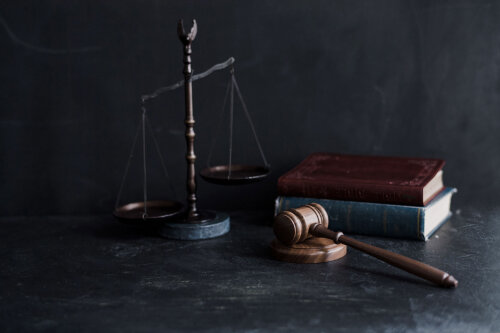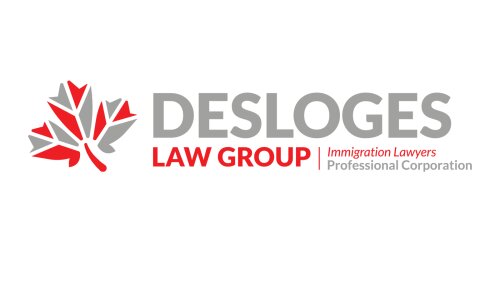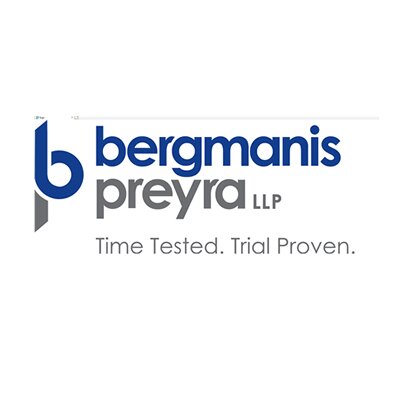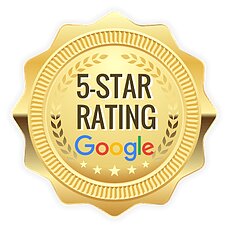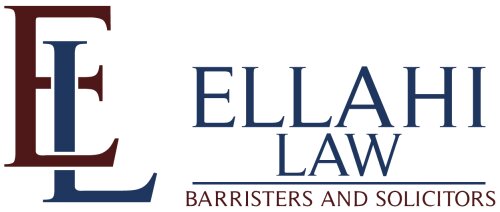Best Lawyers in Toronto
Share your needs with us, get contacted by law firms.
Free. Takes 2 min.
List of the best lawyers in Toronto, Canada
Canada Legal Questions answered by Lawyers
Browse our 2 legal questions in Canada and read the lawyer answers, or ask your own questions for free.
- compensation for injury sustained at resort in Mexico
- On December 6 2025 my wife sustained a serious injury at an all inclusive resort in Mexico. Dislocated ankle and 2 broken bones above the ankle. Shortly after arriving at the resort my wife slipped and fell on a very slippery area rug beside the bed. She was an in-patient... Read more →
-
Lawyer answer by Ascendance International Consulting (A-I-C)
You have a strong claim under Mexican civil‑responsibility law (the Ley de Responsabilidad Civil del Estado y de los particulares) because the resort’s premises were unsafe—an unsecured rug that caused a slip‑and‑fall resulting in a dislocated ankle and two fractures—and...
Read full answer - Hi there,I've been separated for 20yrs,would like to get divorced,
- What's the procedure, or legalities I'm facing, an how can you help?
-
Lawyer answer by mohammad mehdi ghanbari
Hello, Thank you for reaching out. I understand that navigating a divorce after a long period of separation can be a challenging and uncertain process, and I can offer some general guidance on the matter. General Divorce Procedure The first...
Read full answer
Canada Legal Articles
Browse our 13 legal articles in Canada written by expert lawyers.
- Canada Competition Act Updates: Risks for Foreign Investors
- Lower Intervention Thresholds: The Competition Bureau can now challenge mergers that significantly lessen competition even if they do not create a total monopoly. Global Revenue Penalties: Violations may result in administrative monetary penalties (AMPs) of up to 10% of a company's worldwide gross revenue or three times the benefit derived... Read more →
- Canada's Modern Slavery Act - Supply Chain Compliance Guide
- The Fighting Against Forced Labour and Child Labour in Supply Chains Act requires qualifying Canadian businesses and importers to submit an annual report by May 31 each year. Reporting entities must meet specific size thresholds, including at least $20 million CAD in assets, $40 million CAD in revenue, or an... Read more →
- IP Strategy for Canadian Startups: Patent vs. Trade Secret
- Intellectual property (IP) in Canada is governed by a "first-to-file" system, meaning the first person to file a patent application generally has priority over earlier inventors who did not file. Patents offer a 20-year legal monopoly in exchange for public disclosure, while trade secrets provide indefinite protection as long as... Read more →
About Hiring a Lawyer in Toronto, Canada
Hiring a lawyer in Toronto involves several steps, starting from identifying the legal issue and searching for a qualified legal professional. In Toronto, extensive professional services are available across various legal areas, including corporate law, family law, criminal defense, personal injury, and real estate. The process typically involves contacting a lawyer or law firm, scheduling a consultation, discussing your legal needs, assessing the lawyer’s expertise, and agreeing on a fee structure. Toronto's legal market is robust, with many firms offering free initial consultations, which can help you understand your situation better before committing to a particular lawyer.
Why You May Need a Lawyer
Several common situations may necessitate legal assistance in Toronto. These include:
- Family Matters: Issues such as divorce, child custody, and adoption require legal intervention to navigate complex family laws and proceedings.
- Criminal Charges: If you face criminal charges, whether minor or serious, a criminal defense lawyer can protect your rights and guide you through the legal system.
- Real Estate Transactions: Buying or selling property involves legal paperwork and potential disputes that can benefit from legal oversight.
- Workplace Disputes: Employment lawyers can address issues like wrongful termination, workplace harassment, and contract negotiation.
- Business Matters: Legal advice is crucial for business formation, contracts, mergers, acquisitions, and other corporate activities to ensure compliance and protect interests.
Local Laws Overview
Toronto operates under the legal framework of Ontario, which includes provincial laws that supplement federal legislation. Key aspects include:
- Civil Litigation: Governed by the Rules of Civil Procedure, outlining the process for bringing civil matters to court.
- Family Law: The Family Law Act covers marriage, divorce, property division, and child welfare.
- Criminal Law: Part of the federal Criminal Code, addressing offenses like theft, assault, and fraud.
- Real Estate: Transactions are regulated by the Land Titles Act, ensuring proper documentation and ownership rights.
- Employment Law: Comprised of the Employment Standards Act, addressing workplace rights and employer obligations.
Frequently Asked Questions
1. How do I find a reputable lawyer in Toronto?
Research online, ask for recommendations, and check with the Law Society of Ontario for licensed and experienced practitioners.
2. How much does it cost to hire a lawyer?
Legal fees vary based on the lawyer’s experience, the complexity of the case, and the type of legal service required. Discuss fees upfront to avoid unexpected charges.
3. What should I expect during the initial consultation?
Expect to discuss your legal issue, possible solutions, and learn about the lawyer's experience. It’s also a chance to gauge if they're the right fit for you.
4. Can I represent myself in court?
While self-representation is possible, having a lawyer typically ensures a better understanding of legal procedures and rights, increasing the chances of a favorable outcome.
5. What is legal aid, and how do I qualify?
Legal Aid Ontario provides assistance to those with low income who need legal help. Eligibility is based on income and the type of legal issue.
6. Do all legal matters require a lawyer?
Not all matters require a lawyer, but many benefit significantly from legal expertise to ensure compliance, protect rights, and achieve desired outcomes.
7. How are disputes typically resolved?
Disputes can be resolved through negotiation, mediation, arbitration, or litigation, depending on the circumstances and the parties involved.
8. What if I can’t afford a lawyer?
Consider contacting Legal Aid Ontario or community legal clinics that may offer free or low-cost services depending upon your financial situation.
9. How long does it take to resolve a legal issue?
Resolution times vary greatly depending on case complexity, court schedules, and the willingness of parties to reach an agreement.
10. What are my rights if I am arrested?
Upon arrest, you have the right to remain silent, seek legal counsel, and be informed of the reasons for your arrest.
Additional Resources
Here are some additional resources for someone seeking legal assistance in Toronto:
- Law Society of Ontario: The regulatory body for Ontario lawyers where you can check credentials and find resources.
- Legal Aid Ontario: Provides legal assistance to those who cannot afford a lawyer.
- Community Legal Clinics: Offer free legal services to eligible clients on issues like housing, immigration, and social assistance.
- Pro Bono Ontario: Provides free legal services to individuals and nonprofit organizations.
Next Steps
If you need legal assistance in Toronto, start by identifying the area of law your issue pertains to and seek out qualified lawyers for an initial consultation. Don’t hesitate to ask questions about their experience, fees, and how they plan to handle your case. Gather all relevant documentation and information related to your case to ensure efficient and productive discussions. Explore resources like Legal Aid if you require financial assistance for legal services, and don't overlook the potential of resolving disputes through alternative methods such as mediation before pursuing court action.
Lawzana helps you find the best lawyers and law firms in Toronto through a curated and pre-screened list of qualified legal professionals. Our platform offers rankings and detailed profiles of attorneys and law firms, allowing you to compare based on practice areas, experience, and client feedback.
Each profile includes a description of the firm's areas of practice, client reviews, team members and partners, year of establishment, spoken languages, office locations, contact information, social media presence, and any published articles or resources. Most firms on our platform speak English and are experienced in both local and international legal matters.
Get a quote from top-rated law firms in Toronto, Canada — quickly, securely, and without unnecessary hassle.
Disclaimer:
The information provided on this page is for general informational purposes only and does not constitute legal advice. While we strive to ensure the accuracy and relevance of the content, legal information may change over time, and interpretations of the law can vary. You should always consult with a qualified legal professional for advice specific to your situation.
We disclaim all liability for actions taken or not taken based on the content of this page. If you believe any information is incorrect or outdated, please contact us, and we will review and update it where appropriate.
Refine your search by selecting a practice area.




